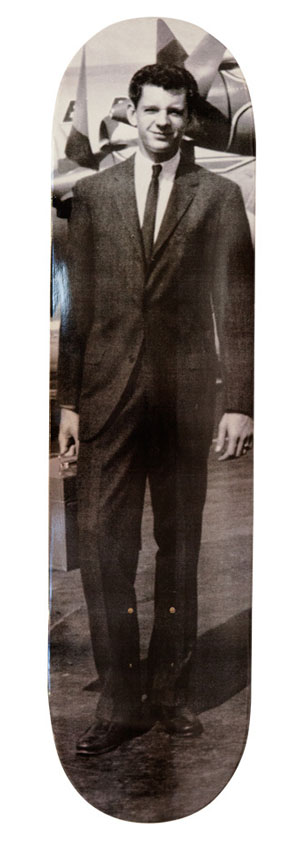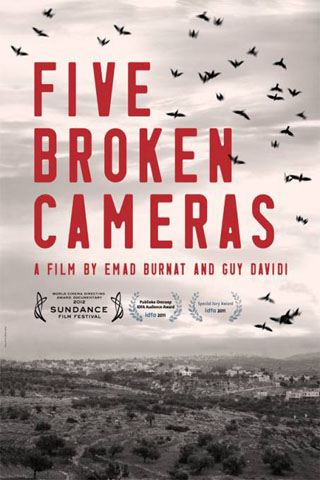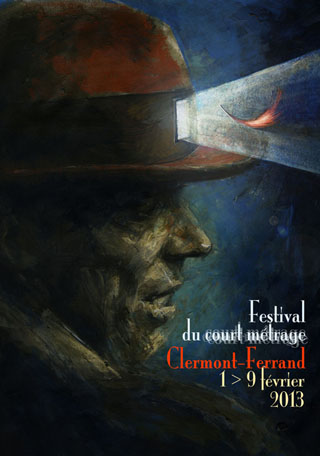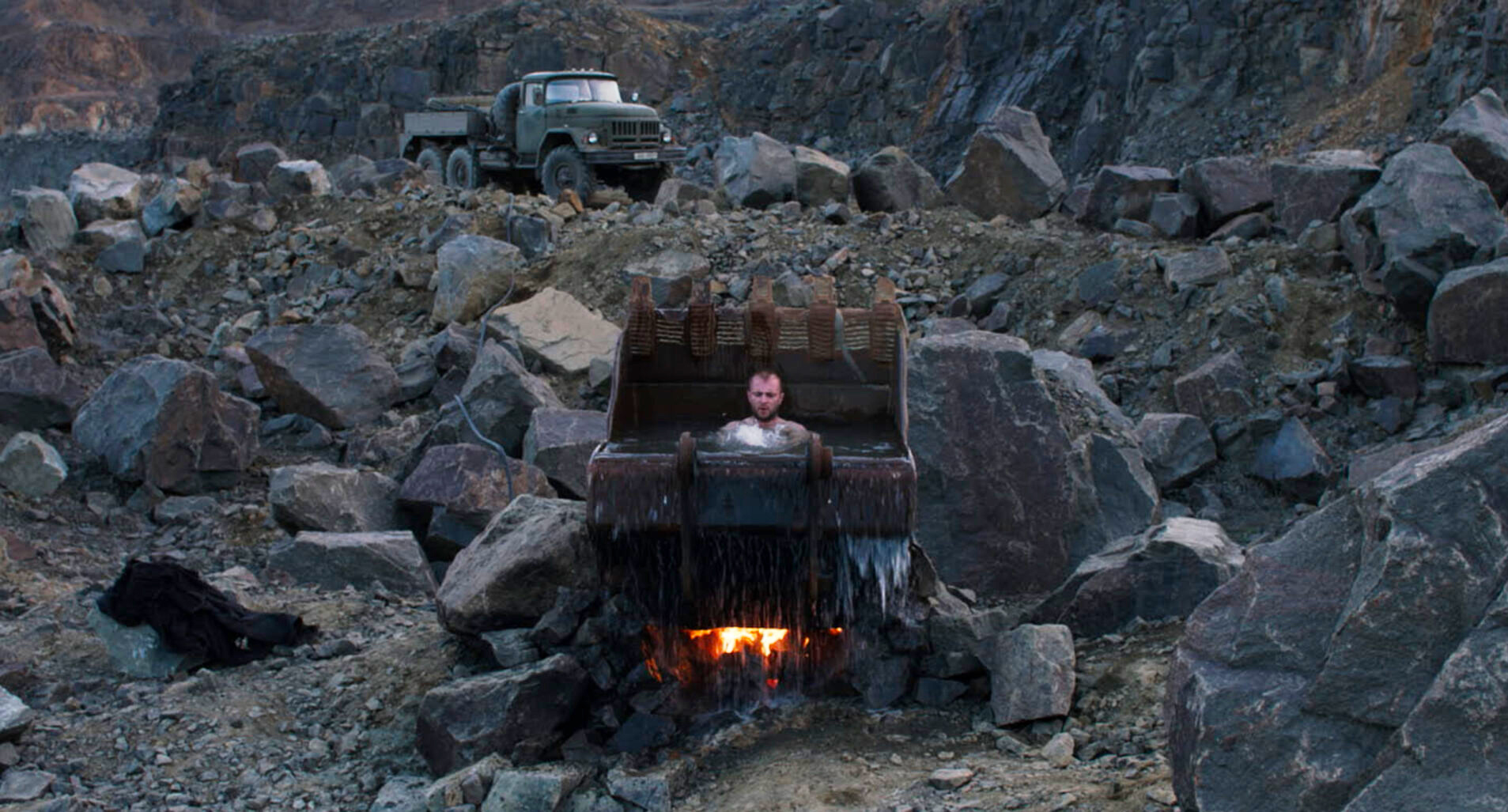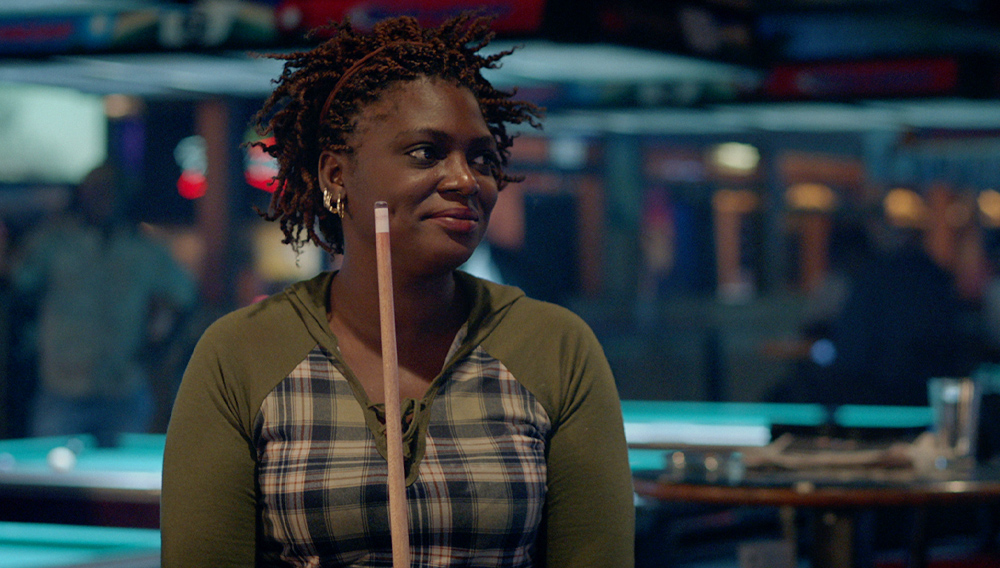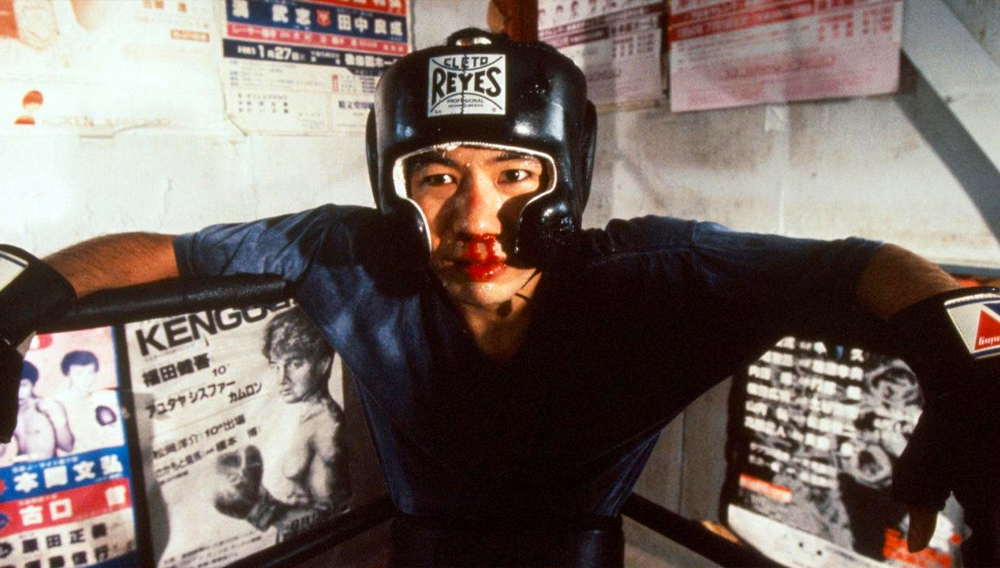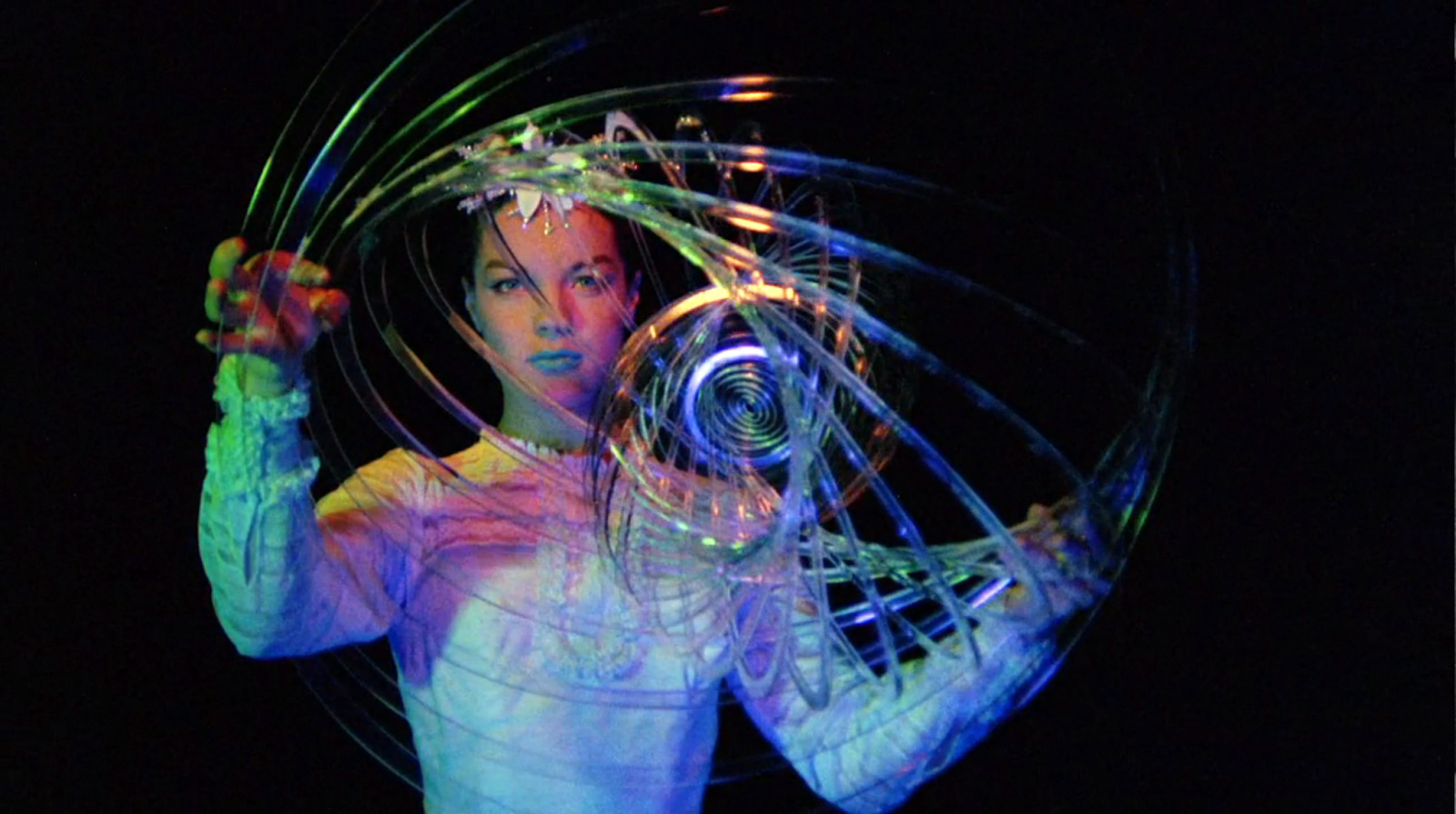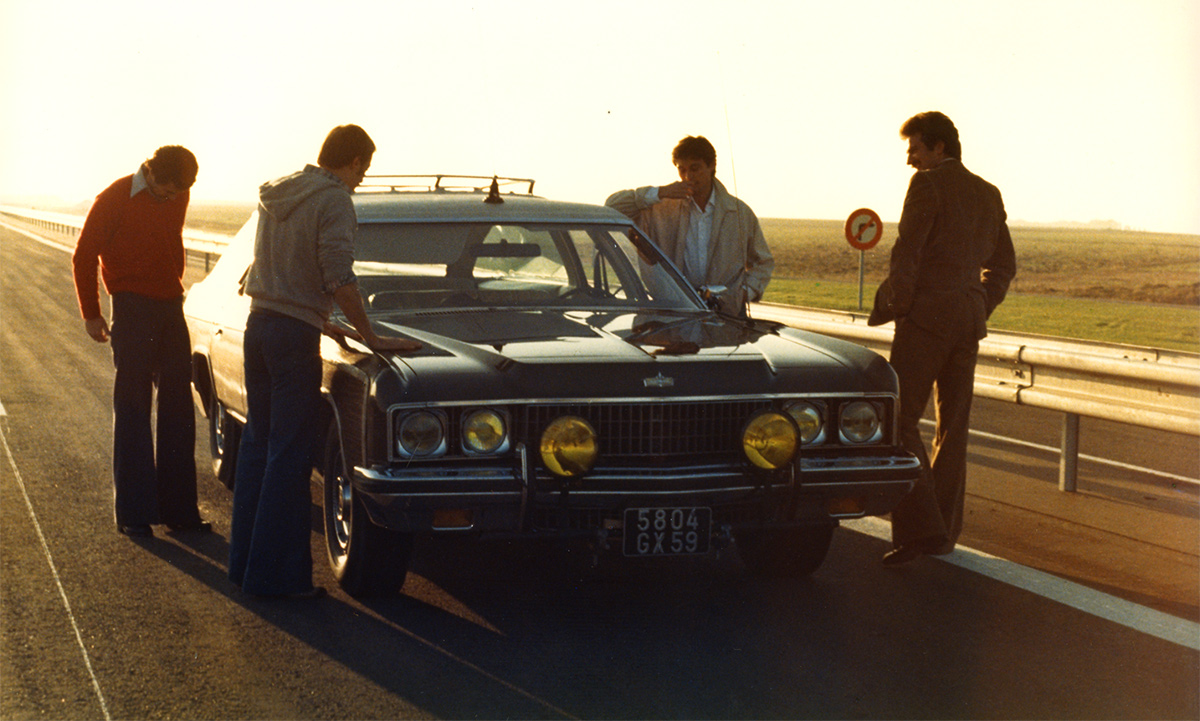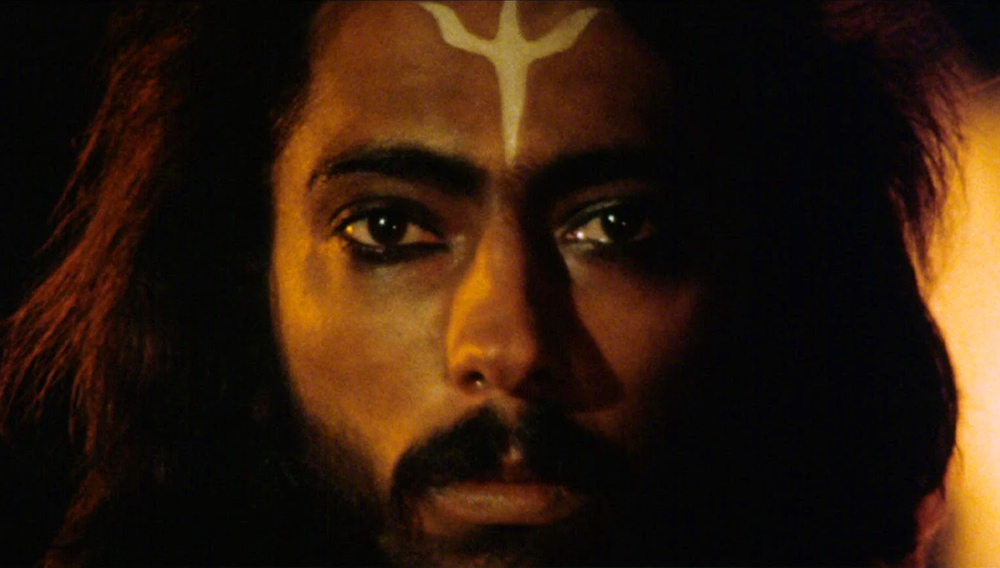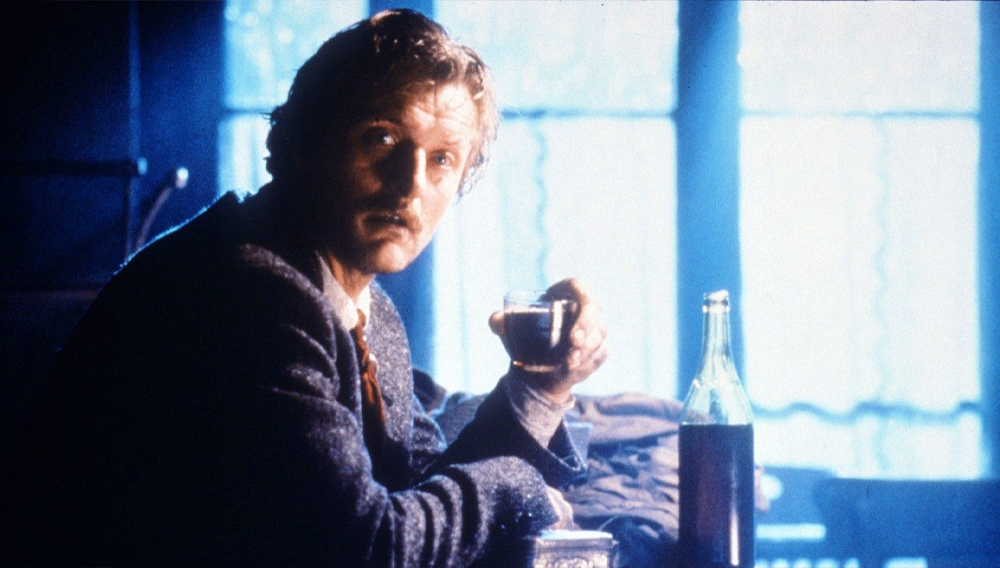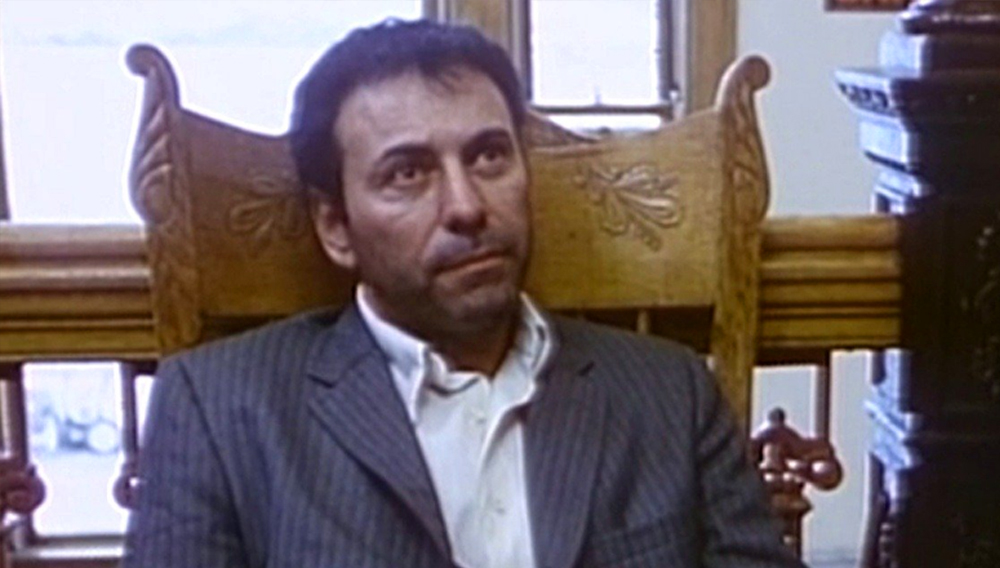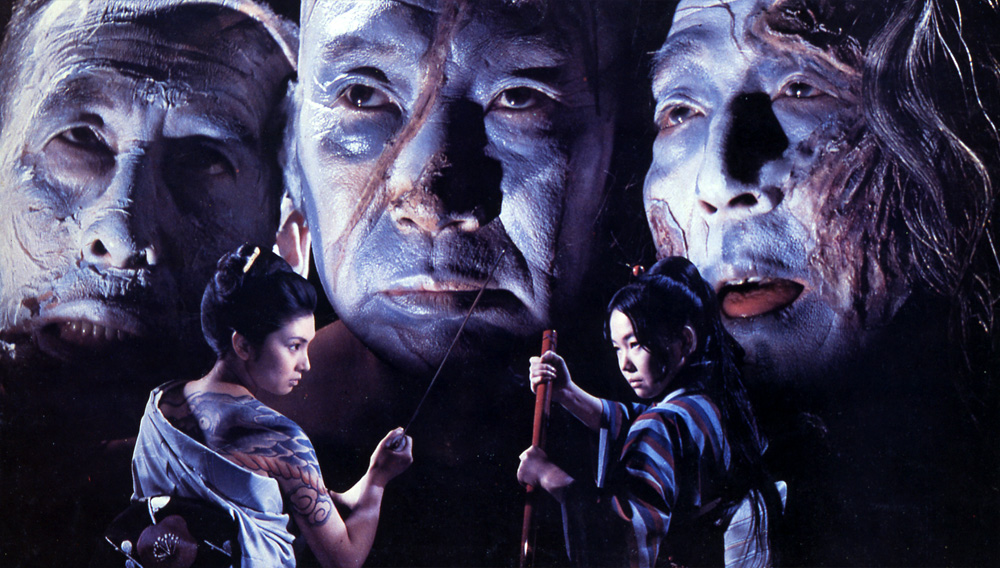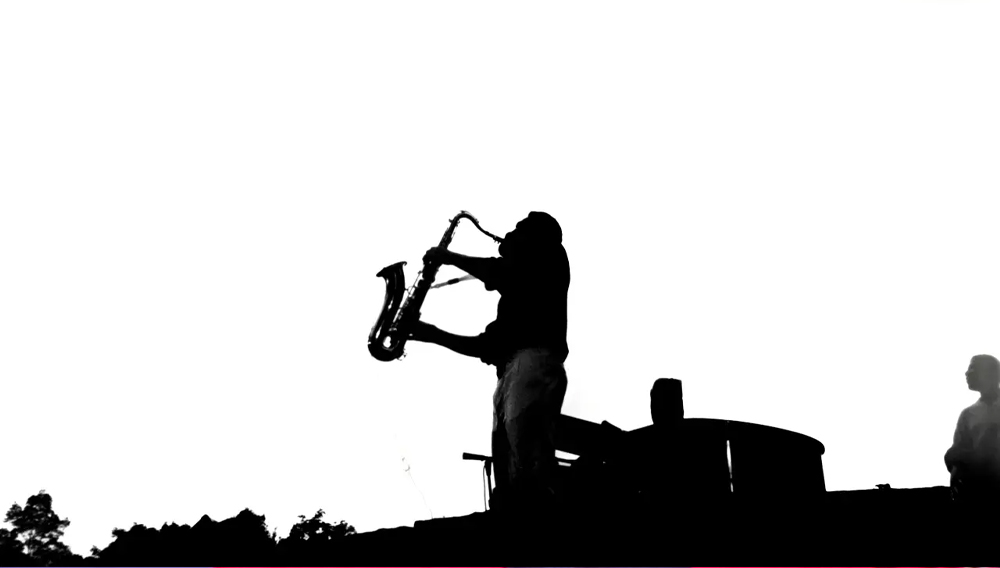Start your week with an essential read from Ignatiy Vishnevetsky: “One of the biggest problems facing film criticism and film culture is that that there is often very little relationship between how movies are written about and how they’re actually made. Film is a medium that is inextricably linked to technology, but the language we use to talk about and evaluate films is by-and-large the language of antique or dying technologies or of environments (such as the old studio system, with its clear divisions of filmmaking labor) that no longer exist.”
Also in the Notebook, Uncas Blythe goes long and wide on Larry Clark and Marfa Girl. Related: “To commemorate Larry Clark’s 70th birthday Boo-Hooray has published a skateboard deck together with Larry. It is silk-screened featuring a photo of the legendary ingenue and auteur back in the day.”
Last year, we lost both Theo Angelopoulos and Tony Scott. “Both men mattered to cinema. But which cinema?” asks David Bordwell. “The statuesque versus the kinetic, the monumental versus the ephemeral, ponderousness versus cheap flash: To all appearances, these men lived in different cinematic worlds.” And yet: “‘Go big or go home’ might be each man’s motto…. I think in fact that Tony and Theo explore what happens when narrative slips away, when cinematic textures and patterning are allowed to override drama—to inflate it, deflate it, thrust it to one side, take it as a pretext for something more tangibly enthralling.”
“Whatever the explanation—and little in show business happens by design—the movie industry has reconnected with the country,” argues Frank Rich. “It has produced no fewer than four movies that have provoked animated, often rancorous public debate: Zero Dark Thirty, Argo, Lincoln, and Django Unchained, a film that pushes so many hot buttons you can’t quite believe it was made.” Also in New York, Eric Benson talks with Fred Williamson about the 1972 blaxploitation slave epic he starred in, The Legend of Nigger Charley, and it’s there that we learn that Rich’s piece, arguing that the Obama era movies have most definitely arrived, with Django being the most vital to the moment, was originally slated to be this week’s cover story. Until, of course, Ed Koch died.
Back in 1982, Brian De Palma’s Blow Out and Jean-Marie Straub and Danièle Huillet’s Too Early, Too Late opened on the same day in Paris. Writing for Libération, Serge Daney was a fan of both, but focused more on the latter.
“Some filmmakers tell us more than we know how to process and cope with,” writes Jonathan Rosenbaum in a terrific piece for Forward on an overlooked “major American filmmaker,” Michael Roemer (Nothing But a Man [1964] and The Plot Against Harry [“made between 1966 and 1968, but released only in 1989”]).
“Everyone knows Godzilla; few have actually engaged with the films on their own terms.” And that’s what the team at Not Coming to a Theater Near You will be doing throughout February.
Ray Carney is still holding Mark Rappaport‘s materials and still refusing to talk about it. If you haven’t been following this strange and sad case, Craig Hubert has a brief yet informative primer at Artinfo. And the cinetrix chimes in.
“Are Israel’s acclaimed documentaries—The Gatekeepers…, 5 Broken Cameras and The Law in These Parts—helping to swing public opinion in Israel to the left?” asks Anthony Kaufman. “That’s the question I explore in my Docutopia column this week at SundanceNow.”
Mike D’Angelo revisits an opening scene, and truly, it can’t be said often enough: “There never has been, and in all likelihood never will be, a more glorious intersection of live music and cinema than Stop Making Sense.”
From American Film, “90 Things We Bet You Didn’t Know About Warner Bros.” It’s the studio’s anniversary year, don’t you know. Also, from the archives, see Mark del Costello‘s 1979 piece on what was then a relatively new hobby and/or business: collecting movie posters.
More reading. Aaron Cutler for Idiom on Francis Alÿs, J.J. Murphy on Tim Sutton’s Pavilion, Dan Solomon in the Austin Chronicle on the “game-changing nature of VOD,” and, via Catherine Grant, two sample articles from Film and Philosophy, two free ebooks, and a new site to explore (well, new to me), Screenplayology.
Interviews. Matthew Garrahan has lunched with David Fincher and the Financial Times has picked up the tab. The conversation keeps returning to House of Cards, of course, but there’s a lot of circling going on as well. On a related note, Filmmaker‘s Scott Macaulay recommends Andrew Leonard‘s piece in Salon, “How Netflix is Turning Viewers into Puppets,” a “fascinating look at the ways Big Data is shaping not only what we are presented with as viewers but, increasingly, what is being produced.”
For Film Comment, Justin Stewart has a good long talk with Jim McBride about David Holzman’s Diary (1967).
A Glimpse Inside the Mind of Charles Swan III “happens to be pretty good,” finds Karina Longworth, but her story in the LA Weekly‘s really about entering the world of its star, Charlie Sheen. Director Roman Coppola joins them at the “big, yellow house” and the two of them recall the days they spent running around together on the set of Apocalypse Now (1979), directed by Roman’s father and starring Charlie’s. “Coppola was 11 and Sheen was 10, and though Sheen would bond with other kids on movie sets, ‘Ours was a little more special than the norm.'”
“Combining the spirit of genre masters like John Ford and Howard Hawks with the pared-down, haiku-like simplicity of Jean-Pierre Melville, Walter Hill is one of the great action-movie directors of his generation.” And Scott Tobias interviews him for the AV Club. Meantime, at Indiewire, Vadim Rizov considers Hill’s use of New Orleans in his 1975 debut Hard Times, 1989’s Johnny Handsome, and in the new Bullet to the Head, Hill’s first feature in over a decade.
In the new Believer, Sheila Heti has a bubbly conversation with Alison Pill, whose many roles since she began acting at age 11 have included Zelda Fitzgerald in Woody Allen’s Midnight in Paris and lesbian activist Anne Kronenberg in Gus Van Sant’s Milk.
New York. The UCLA Film & Television Archive series L.A. Rebellion: Creating a New Black Cinema is on at the Museum of the Moving Image through February 24, prompting Artforum to revive Kara Keeling‘s piece from the October 2011 issue on this “fecund moment in film history.”
Cambridge. Action! Action! Action! A Raoul Walsh Retrospective is on at the Harvard Film Archive through March 10.
London. The BFI’s Montgomery Clift season runs throughout February, and at the Arts Desk, Ronald Bergan considers this “personality that expressed itself on film as if afraid of what the camera would reveal.” The Telegraph‘s David Gritten prefers Clift to either Marlon Brando or James Dean: “There’s a toughness about his work that the other two lack—even Brando, with his heft and animal magnetism, could appear to be conducting an internal conversation about acting technique with himself. These days, Dean’s acting can look flighty and neurotic. But Clift genuinely projected: he portrayed loners, defying convention and resisting the mainstream; he was at his best playing principled idealists whose will could not be bent.”
Clermont-Ferrand. The 35th International Short Film Festival is on through Saturday.
Berlin. Ein Lied um Mitternacht: Chinesische Filmgeschichte von 1929 bis 1964 opens on March 1 and runs all month long at the Kino Arsenal.
In the works. Liv Ullmann will direct Jessica Chastain, Colin Farrell and Samantha Morton in her own adaptation of Strindberg’s Miss Julie, reports Jorn Rossing Jensen. Also at Cineuropa, Fabien Lemercier has a synopsis of György Pálfi’s forthcoming fifth feature, The Voice.
“Julia Stiles has joined the cast of Mary Pickford biopic The First opposite Lily Rabe, Michael Pitt and Ryan Simpkins,” reports Variety‘s Dave McNary. “Stiles will play Frances Marion, one of the top screenwriters during the early 20th Century.”
Denzel Washington is looking to direct and star in an adaptation of August Wilson’s Fences, reports HitFix.
Volker Schlöndorff is working with Colm Tóibín on the original screenplay Montauk, which he aims to direct. As Jessica Kiang reports at the Playlist, Rooney Mara’s attached.
Lists and awards. Michael S. Smith has written up his favorite films of last year: “My traditional caveat remains: cinema is aesthetic and formal but also experiential, and so I have selected films that were important to me in 2012 as experiences, in addition to the aesthetic contributions they make.”
Over the weekend, Ben Affleck won the Directors Guild of America Award for Outstanding Directorial Achievement in Feature Film for Argo, while Rian Johnson won his first DGA Award for his direction of the Breaking Bad episode “Fifty-One.”
Production designers Sarah Greenwood (Anna Karenina), David Gropman (Life of Pi), and Dennis Gassner (Skyfall) picked up awards from the Art Directors Guild. And Disney’s Wreck-It Ralph won Best Animated Feature at the 40th Annual Annie Awards.
Viewing (10’42”). Nash Edgerton’s Bear at Ray Pride‘s place.
More browsing? John Wyver‘s got links and videos.
Lists and Awards 2012: Index. For news and tips throughout the day every day, follow @KeyframeDaily on Twitter and/or the RSS feed. Get Keyframe Daily in your inbox by signing in at fandor.com/daily.

